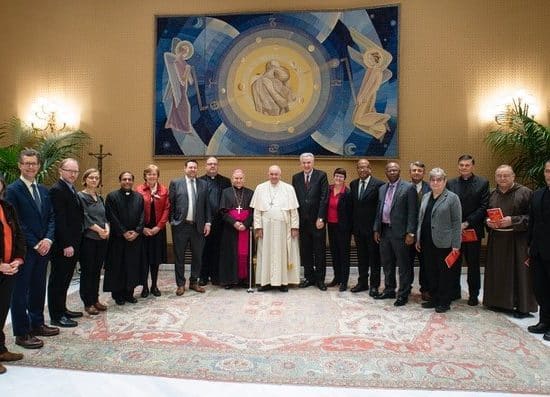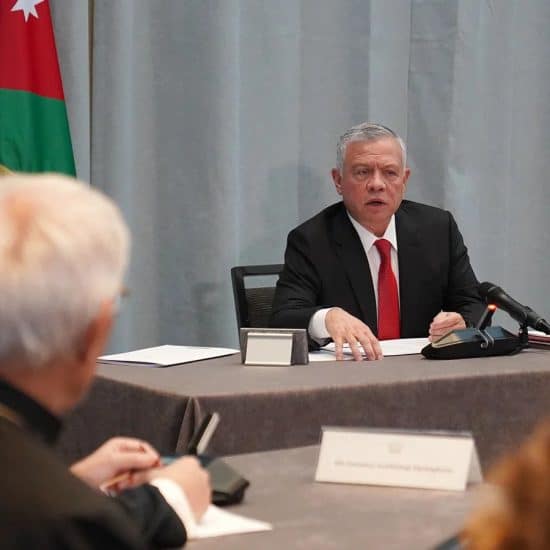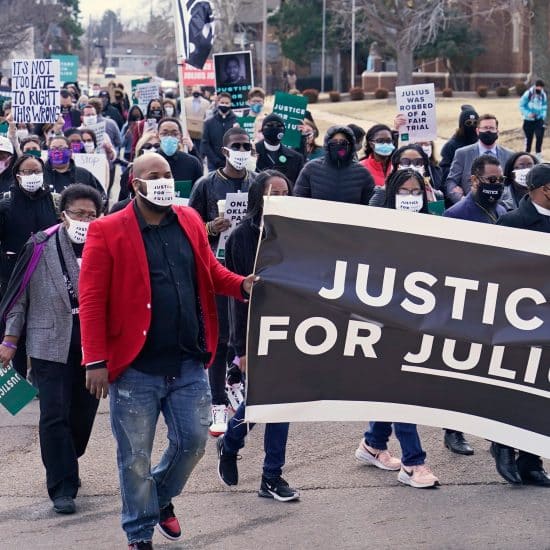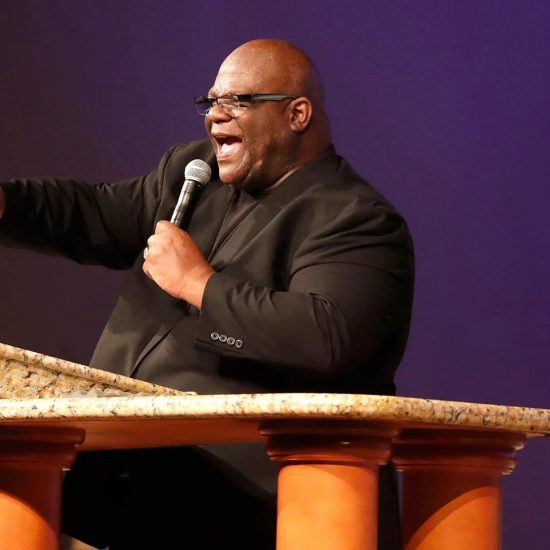Last week’s Southern Baptist Convention annual meeting in Louisville, Ky., offered a glimpse into the future — the not-so-distant future. The aging leadership of the SBC, including the Executive Committee and the various entity heads, are acknowledging that their days until retirement are numbered. Some statistics suggest they perhaps should be concerned about leaving the convention in worse shape than they found it.
For the most part, these are the same leaders that came onto the scene after self-described conservatives swept aside an old guard of denominational leaders in the years following 1979. They signed inerrancy statements testifying to their commitment to the Bible and required their staffs and trustees to do the same. Overseas missionaries were given the chance to sign, resign or face dismissal.
Finally, many claimed, Southern Baptists were back on the right track and soon the wisdom of a “conservative resurgence” would be evident in accelerated baptism numbers and missions efforts and support. Bloated bureaucracies would be streamlined and made more efficient, and a newer, better Southern Baptist train would pull out of the denominational station. It would be so much better that everyone would want to get on board.
Agencies were merged, and seminaries purged liberal professors and replaced them with inerrantists. Women on faculties were relieved of teaching male students, lest they exercise authority over them. Some were assigned to teach seminars and courses to female spouses. Relieved of their class loads, others were no longer needed.
Some of these formerly bloated seminaries then began to expand, adding college-level programs with degrees. That suited many of the faithful, whose mistrust of Baptist colleges automatically labeled their graduates — especially seminary-bound ministers — as theologically suspect.
Before long, though, it became clear that not every seminary was on the same page. The rank-and-file learned that students didn’t go to seminary simply to understand the Bible better; they were learning theology. And theology comes in different flavors, one of which is Reformed theology, or Calvinism. The theology of John Calvin became the theology of choice at some seminaries, certainly not in others. After awhile, it became obvious that seminary presidents and other top leaders were no longer in lockstep.
This year in Louisville, president Johnny Hunt, senior pastor of First Baptist Church, Woodstock, Ga., a mega-church, criticized the waning baptism statistics in the convention. He actually started last year when he was first elected in Indianapolis. He called for another resurgence and gave it a biblical name — the Great Commission Resurgence — this one to evaluate the performance of SBC entities under conservative management. Once the notion was overwhelmingly approved, he appointed a task force to begin the study.
Along the way, Hunt took issue with the SBC Executive Committee, suggesting it was taking a larger piece of the Cooperative Program pie than wise stewardship might suggest. He had been criticized himself a year ago because his church gave only 2 percent of its undesignated gifts to the 84-year-old SBC cooperative giving plan, making him in the eyes of many less than a perfect model for SBC president. He cited what his congregation spends to do missions and support missionaries directly. He suggested the convention should take its lead from the churches and not the other way around.
What ensued was a recent public exchange between Hunt and Executive Committee president and CEO Morris Chapman, who defended the Cooperative Program and raised concerns about efforts that might affect it negatively.
Chapman, in a message to messengers last week, decried what he described as one of the most divisive forces in Southern Baptist life — Calvinism. Across town sat Southern Seminary, probably the most prominent of those new bastions of Calvinism in the SBC. It was Southern’s president, Al Mohler, who made the motion recommending the Great Commission Resurgence task force.
Whatever else a person might make of the verbal jockeying at the annual meeting, it is clear that the transition to a new generation of leaders may be a rocky path. The old guard that battled for control of the convention during the past 30 years would like a say about the future, but they can’t agree on it themselves. Tolerating diversity within the body has not been a strong suit of the conservative resurgence. Nor has resolving differences between leaders who don’t agree on either theology or methodology.
So who will get to pick the next generation of Southern Baptist leaders? Stay tuned.
Bill Webb is editor of Word&Way.





